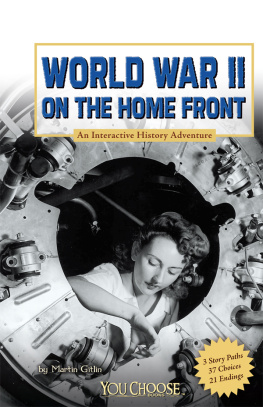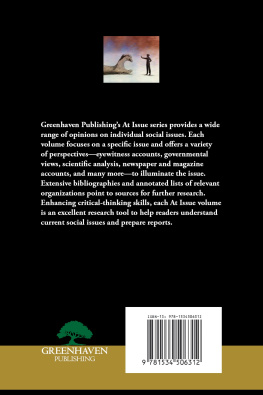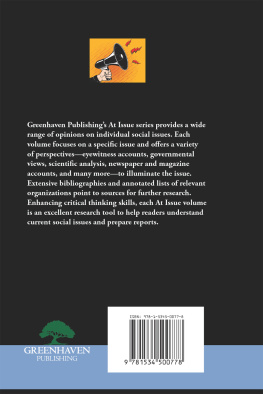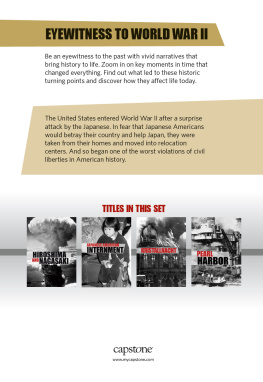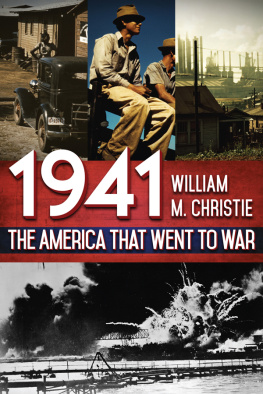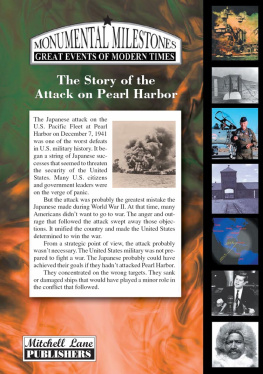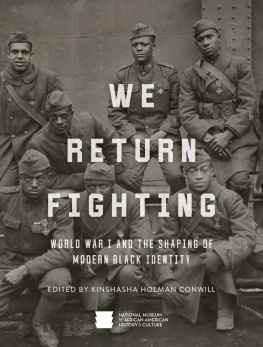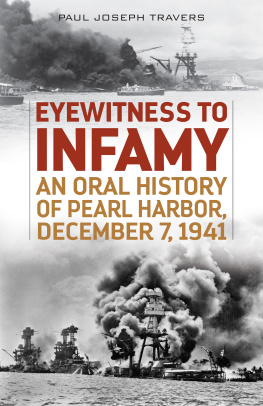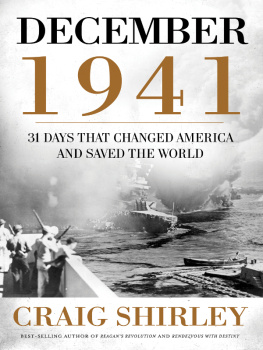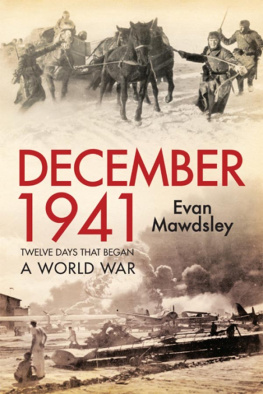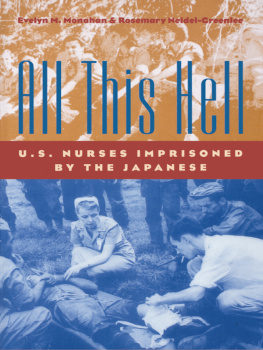If you liked
World War II on the Home Front,
you might enjoy other titles
in the You Choose series.
The Titanic
The Attack on Pearl Harbor
The Battle of Bunker Hill
The Battle of the Alamo
The California Gold Rush
The Golden Age of Pirates
The Underground Railroad
Westward Expansion
World War I
World War II
Can You Survive the Desert?
Can You Survive the Wilderness?
Can You Survive Storm Chasing?
Can You Survive the Titanic?
The Civil War
The Revolutionary War
The Salem Witch Trials
The Civil Rights Movement
Colonial America
You Choose Books are published by Capstone Press,
1710 Roe Crest Drive, North Mankato, Minnesota 56003.
www.capstonepub.com
Copyright 2012 by Capstone Press, a Capstone imprint.
All rights reserved. No part of this publication may be reproduced in whole or in part, or stored in a retrieval system, or transmitted in any form or by any means, electronic, mechanical, photocopying, recording, or otherwise, without written permission of the publisher. For information regarding permission, write to Capstone Press, 1710 Roe Crest Drive, North Mankato, Minnesota 56003.
Library of Congress Cataloging-in-Publication Data
Gitlin, Marty.
World War II on the home front : an interactive history adventure / written by Martin Gitlin.
p. cm.(You choose: history)
Includes bibliographical references and index.
ISBN 978-1-4296-6019-8 (library binding)
ISBN 978-1-4296-7998-5 (paperback)
ISBN 978-1-6206-5017-2 (e-book)
1. United StatesHistory19331945Juvenile literature. 2. World War, 19391945United StatesJuvenile literature. 3. United StatesSocial conditions19331945Juvenile literature. I. Title. II. Title: World War Two on the home front.
E806.G57 2012
973.91dc23 2011033542
Editorial Credits
Catherine Neitge, managing editor
Bobbie Nuytten, designer
Wanda Winch, media researcher
Laura Manthe, production specialist
Photo Credits
Franklin D. Roosevelt Library: cover, 30, 39, 83, 102; Getty Images: Bettmann, 12, 89, 97, Historical, 14, 72, Hulton Deutsch, 51, PhotoQuest, 43; Library of Congress: Prints and Photographs Division, 23, 48, 64, 67, 75, 99, 101; National Archives and Records Administration (NARA): 6, 9, 10, 19, 21, 27, 33, 35, 59, 68, 87, 92, Clem Alberts (WRA), 104, CPhoM. H.S. Fawcett (Navy), 46
TABLE OF CONTENTS
ABOUT YOUR
ADVENTURE
YOU are living in the United States in the early 1940s. The world is at war. How will you help your country fight for its freedom?
In this book youll explore how the choices people made meant the difference between life and death. The events youll experience happened to real people.
Chapter One sets the scene. Then you choose which path to read. Follow the links at the bottom of each page. After you finish one path, go back and read the others. Use your devices back buttons or page navigation to jump back to your last choice. Then try a different link for a new adventure.
YOU CHOOSE the path
you take through history.
CHAPTER 1
THE COMING OF WAR
The guns fell silent in 1918. World War I was over. Many called it the war to end all wars because they believed such a terrible conflict could never happen again. But they were wrong. Only 21 years later, war would again engulf the world.
Dictator Adolf Hitler and the Nazi political party took control of Germany in the early 1930s. The country had fallen into a deep economic depression. Hitler targeted the Jewish people, whom he blamed for Germanys economic problems. He also blamed German misery on the 1919 Treaty of Versailles that had followed the fighting. It had punished Germany for starting World War I. It also forced Germanys government to pay billions of dollars to its European neighbors.

Adolf Hitler, the leader of Germany and the Nazi Party, stirred up hatred of Jews.
Meanwhile, storm clouds gathered over Asia. Japan had invaded China. Many Americans were alarmed by the events in Europe and Asia. But they had big problems at home. The Great Depression that began in 1929 left about 25 percent of Americans unemployed. Millions were poor, and many were homeless. Americans were too concerned about finding their next meal to worry about a potential war thousands of miles away.
That potential war in Europe became a terrible reality when Germany invaded Poland on September 1, 1939. Soon Great Britain and France declared war on Germany. But few could have imagined how powerful a military the Germans had developed. Germany quickly conquered Poland and several other countries. The world was shocked when the Germans took over France in just six weeks.

A woman couldnt hide her misery as she dutifully saluted the invading German Nazis.
Some Americans believed the United States should enter the war. But many Americans were isolationists who felt that their country should stay out.
Everything changed December 7, 1941. That morning hundreds of Japanese planes attacked and destroyed a U.S. naval base at Pearl Harbor in Hawaii. More than 2,000 Americans were killed.

The United States entered World War II after the 1941 attack on Pearl Harbor.
Congress quickly declared war on Japan. A few days later the United States was at war with Germany as well.
The battle lines had been drawn. Germany, Italy, and Japan had formed an alliance called the Axis. The United States joined the Soviet Union, Britain, and other nations to form what was known as the Allies.
Men and women from all over the United States signed up immediately to join the war effort. Millions of men were drafted to fight and sent overseas. But the war didnt just affect the new soldiers. It changed the lives of all Americans.
CHAPTER 2
TO WORK OR
NOT TO WORK
Its a relaxing afternoon in December 1941. Youre with your husband, Edward, and a few of your friends in your New York City apartment. Soft music is playing on the radio, but nobody is paying attention to it.
Suddenly, everyone is quiet. A news report has interrupted the music.
We have witnessed this morning the attack of Pearl Harbor and a severe bombing of Pearl Harbor by army planes, undoubtedly Japanese, states the announcer. Its no joke. Its a real war.
Youve never even heard of Pearl Harbor, but you know this indeed means war. The party is over.
The next day you listen to President Franklin D. Roosevelt on your radio. He calls December 7 a date which will live in infamy. The United States is at war with Japan.

